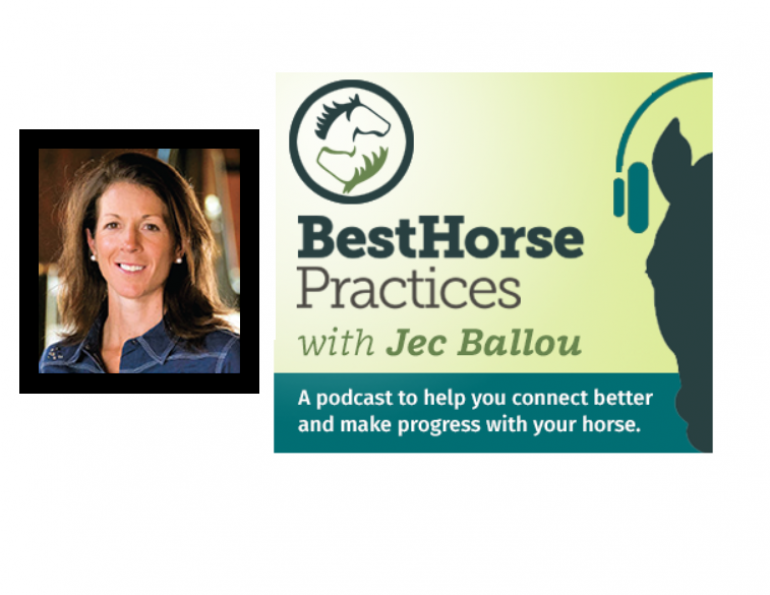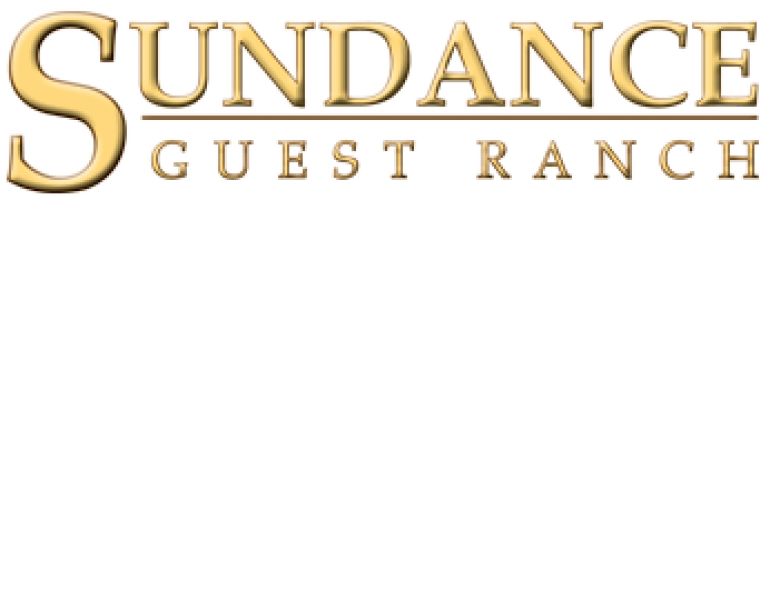Sponsored
Source: Acera Insurance
Horses and risk are words that often appear together. Riding, trailering, coaching, operating a boarding facility, working with horses and the public – pretty much anything that involves a 500-kilogram horse and a 60-kilogram human - has elements of risk. Historically, those risks weren’t well recognized or managed. For example, velvet-covered hunting caps looked pretty but did little to prevent concussions, while uncertified coaches routinely plopped unsuspecting children on devilish ponies adept at dumping their charges. But as our understanding of the risks associated with horses increased, and the level of risk that we were willing to accept while playing the game of life decreased, the need for risk management solutions and insurance, rose.
Mike King understands how the horse industry has evolved and where it’s going. As a partner with Acera Insurance, which operates across Western and Eastern Canada (formerly Intercity Insurance Services), he’s seen huge changes in the horse industry since 1996.
King says that today is a far cry from yesteryear. Now, many riders wear a helmet, knowing that almost half of the head injuries that occurred over a ten-year period in the United States in amateur sports were equine-related. Today, horse owners choose to insure their animals against injuries and accidents causing death. Coaches, farriers, veterinarians, and commercial transporters choose to be certified and insured for the services they provide. Boarding facilities, kids’ camps, and trail ride operators follow specifically developed procedures, provide knowledgeable instruction, select suitable horses, and hold adequate insurance policies. Individual membership in provincial equine organizations, which provide third party liability coverage in the event a horse causes damage to someone or something, has dramatically increased across the country.
But King also recognizes that as the horse industry continues to change, the risks are evolving, too. Land values are skyrocketing, so the days of keeping a couple of horses on the family farm are rapidly disappearing, while the costs of riding and horse ownership are escalating. Our technologically-driven society is becoming increasingly urban-based, so those entering the horse world today are often unfamiliar with horses and mucking about outdoors, plus unaware of the risks and challenges associated with horses and their environs. Basic horsemanship skills, which were formerly learned either passively or directly by hanging around the barn as a kid, are lacking as tight schedules and lack of facilities or opportunities limit these activities.
King says, “What we see is the next generation, the young people coming into the industry, don’t seem to have that intuitive sense of an animal and of animal husbandry.
“The reason that’s become important is because risk management means that you have to identify what the risks are, and then you have to find a way to deal with them,” he explains. “So we see a generation who are more inclined to involve themselves with horses without necessarily embracing all of the things that go along with animal husbandry or horsemanship or general education about health and welfare of the animal. We’ve identified this as a trend.”
These changes affect everyone who works, plays, competes, and makes a living in the horse industry, because they alter the risks that need to be identified and managed. To that end, King says horse industry participants today benefit from two specific risk management strategies that the horse industry and the equine insurance industry have partnered on: the availability of provincial organization member-based third party liability insurance, and ongoing educational opportunities. He says these strategies will elevate those who are participating and encourage a more professional approach to the industry.
King is particularly excited about educational opportunities for upcoming riders, explaining that the provinces have embraced two programs: Learn to Ride and Rookie Rider. The success of Rookie Rider - where kids get safe and simple instruction riding a barrel with a surcingle, then progress to riding a horse - has been staggering.
King says, “They had the Rookie Rider equipment at the Royal Winter Fair for kids walking by to participate in, and they had to get security to help with the crowds that wanted to try it.”
He continues, “I’m very optimistic about how that and other programs are going to benefit and help to sustain the industry. We all want the horse industry to flourish and be sustainable, and provide a safe environment for upcoming horse people.”
Ultimately, King believes that although the number of people involved in the industry may shrink, those that choose to be involved will be well-educated about potential risks and management strategies, and hence enjoy the benefits of horses that much more.
For more information, please visit please visit our website.
Photo: Shutterstock/Osetrik





























